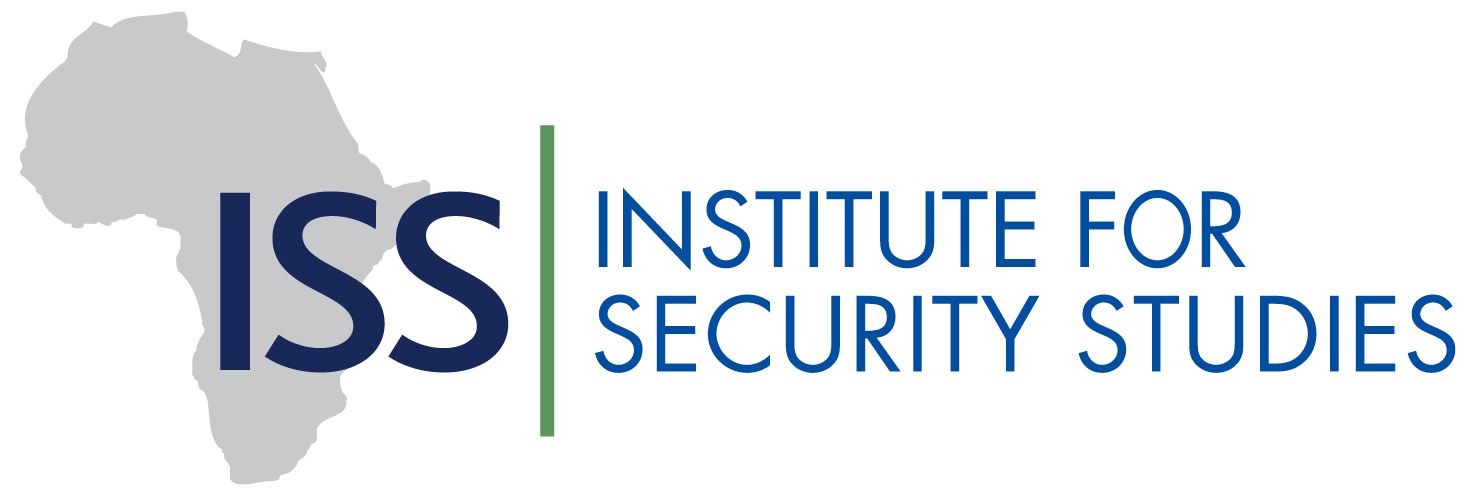The 2020 Virtual Stockholm Forum on Peace and Development is co-hosted by SIPRI and the Swedish Ministry for Foreign Affairs. SIPRI would like to thank the following partner organizations for making the Forum possible.
Partners
|
Build Up transforms conflict in the digital age. Our approach combines peacebuilding, participation and technology to identify and address emergent challenges to peace. We use digital technologies to build peace: we support peace innovators across the globe, working with local organisations to design and implement technology interventions to peacebuilding processes. We transform conflicts that happen in digital spaces: we conduct research and interventions to address polarization on social and digital media in contexts across the globe. We have demonstrated that our approach and methodologies work to address fractures in societies experiencing active violent conflict such as Syria, in post-conflict societies such as Colombia, and in societies where new divisions are emerging such as the USA. We foster a community of practice that thinks critically about conflict in the digital age through the annual convening of Build Peace, the leading global conference on peacebuilding, technology and the creative arts. |

|
Cairo International Center for Conflict Resolution, Peacekeeping and Peacebuilding (CCCPA) The Cairo International Center for Conflict Resolution, Peacekeeping and Peacebuilding (CCCPA), is a leading center of excellence in training, capacity building, and research on issues of peace and security, focusing on Africa and the Middle East. It is the Executive Secretariat of the Aswan Forum for Sustainable Peace and Development, and the Secretariat of the International Association of Peacekeeping Training Centers (IAPTC). |

|
The Challenges Forum is a strategic and dynamic platform for constructive dialogue among leading policymakers, practitioners and academics on key issues and developments in peace operations. A thought-provoking, innovative, inclusive and results-oriented network for sharing knowledge and experiences, the Challenges Forum convenes key actors in deliberation on different dimensions and approaches to peace operations through events, workshops and publications. We provide an impartial and informal platform for dialogue. Our aim is to contribute to the enhancement of the international capability and capacities to plan, conduct and evaluate multilateral peace operations. To this end, we generate targeted policy recommendations and guidance for consideration among leading policymakers, practitioners and experts. Central to our endeavor is to bridge the divide between policy and operational levels; and to create shared understandings among UN and regional organizations, Member States, Troop and Police Contributing Countries; and Host Countrie |
|
|
The Climate Security Mechanism (CSM) The Climate Security Mechanism (CSM) is a first step towards a more comprehensive UN response to climate-related security risks. It is located in the United Nations Department of Political and Peacebuilding Affairs (DPPA; formerly DPA) with staff allocated to it by the UN Development Programme and the UN Environment Programme as well as by the DPPA. |
|
Crisis Action is a pioneering and award-winning NGO that builds coalitions and strengthens local civil society to prevent conflict, protect civilians, and build peace. Our entrepreneurial network model is all about collaboration and scaling impact, enabling individual organizations to work together to help respond to global challenges that are too vast for any single organization – no matter how brilliant – to tackle alone. We believe war can only be prevented or resolved by smart collective action. That’s why we work with a global network of humanitarian, human rights and peacebuilding organisations to amplify voices from the ground and ensure that the views and experiences of those most affected by conflict shape the processes and policies leading to peace. We pay particular attention to enhancing the voices of women and those most marginalized, as part of our efforts to adopt a gendered approach in our work. Crisis Action seeks no public profile so we can be an honest broker for our partners, focused only on what will make civilians safer. |
|
|
The Geneva Centre for Security Sector Governance (DCAF) DCAF is dedicated to making states and people safer through support for good security sector governance, based on the rule of law and respect for human rights. DCAF assists partner states in developing laws, institutions, policies and practices to improve the governance of their security sector through inclusive and participatory reforms based on international norms and good practices. It also advises governments and international organisations in designing and implementing their own programmes for supporting states in developing their security sector governance. Our staff supports capacity building of state, civil society and private sector stakeholders through the provision of access to independent expertise and information on security sector governance (SSG) and reform (SSR). |
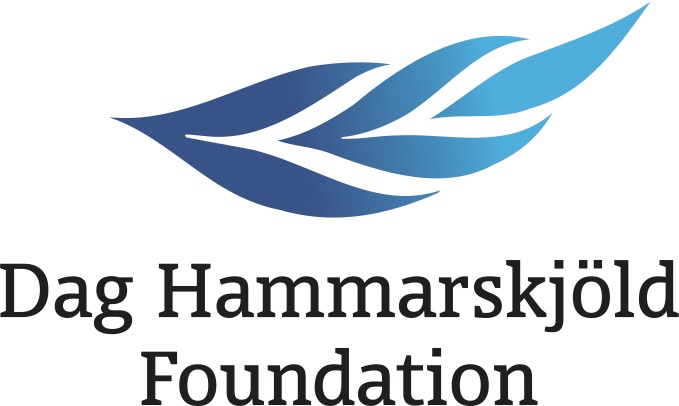
|
The Dag Hammarskjöld Foundation The Dag Hammarskjöld Foundation is a non-governmental organisation established in memory of Dag Hammarskjöld, the second Secretary-General of the United Nations, which aims to advance dialogue and policy for sustainable development and peace. |
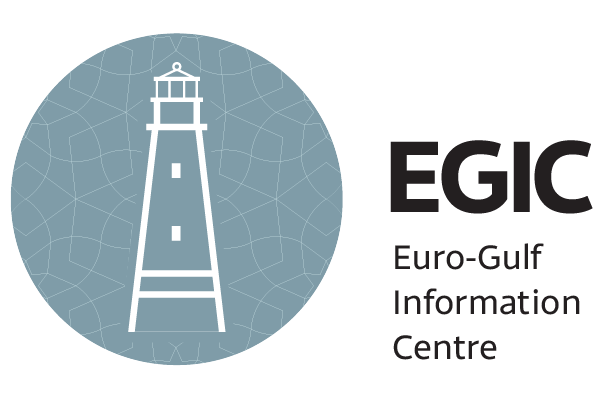
|
The Euro-Gulf Information Centre The Euro-Gulf Information Centre (EGIC) is an initiative that builds socio-political, strategic, cultural and economic bridges between the people of Europe and the Arabian Gulf. Founded in October 2015 as a non-profit association, in Rome, Italy, EGIC draws on the expertise of a multitude of scholars, policy makers, economists and members of European and Gulf civil societies to enhance inter-regional relations. EGIC is Headquartered in Rome and retains a satellite office in Stockholm, Sweden. Additionally, EGIC retains a presence in Brussels, London and Prague and is active throughout Europe and the Arab Gulf. |
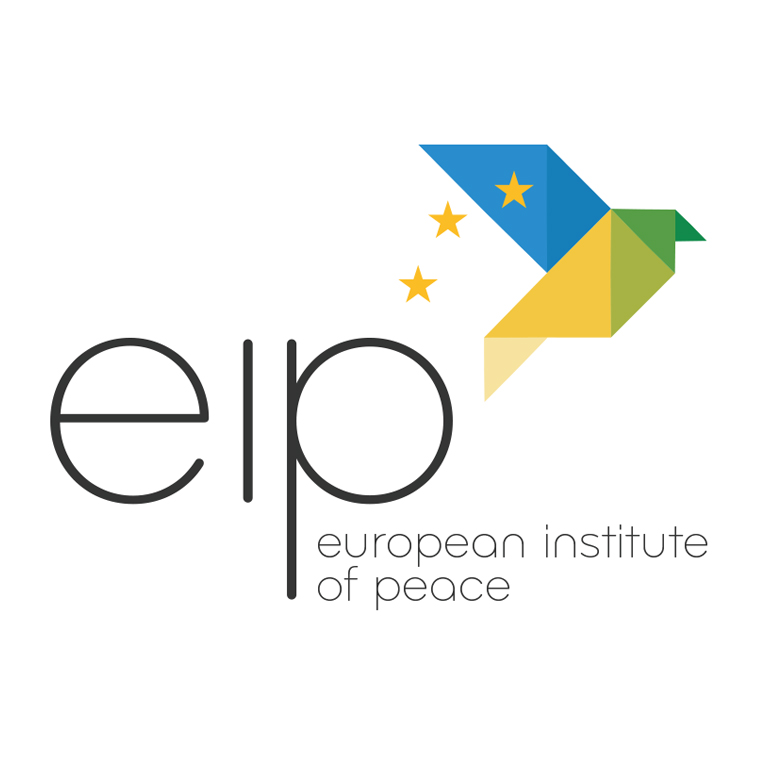
|
The European Institute of Peace (EIP) The European Institute of Peace is an independent body which contributes and complements the peace agenda of the EU and European member states. The Institute partners with diverse actors, including international organisations, civil society and the private sector to craft strategic and effective approaches to conflict prevention, resolution, dialogue and mediation. EIP was founded in 2014, following an initiative by the Foreign Ministers of Sweden and Finland. The current Board consists of eight European member states: Belgium, Finland, Ireland, Italy, Luxembourg, Poland, Spain and Sweden. Ambassador Annika Söder, previously Swedish State Secretary for Foreign Affairs, is the President of the Board. EIP’s purpose is to protect and improve the lives of people experiencing, at risk of, or recovering from violent conflict. Its work is guided by actors that share a common commitment to European values in reducing violence, advancing peace agreements and ensuring their sustainability. It is unique in combining the flexibility of a non-governmental organisation with the diplomatic reach associated with its Board. This access to a wide range of actors at many levels allows it to pursue and support strategic discussions with senior decision makers as well as direct engagement with parties to conflict. |
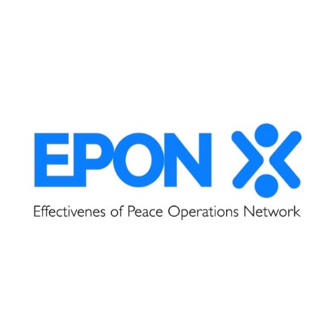
|
The Effectiveness of Peace Operations Network The Effectiveness of Peace Operations Network (EPON) is a consortium of more than 50 partners from across the globe that have come together since 2018 to jointly study the effectiveness of specific contemporary peace operations, using a shared methodology. Thus far EPON has produced studies on AMISOM, MINUSMA, MONUSCO and UNMISS. Studies on MINUSCA, UNFICYP, UNAMID, the UN verification mission in Colombia, and the EU and OSCE missions in Ukraine are in the pipe-line. The data generated is freely available to the global peace operations community, with the overall aim to enhance the effectiveness of international peace operations. The network is coordinated by the Norwegian Institute of International Affairs (NUPI). |
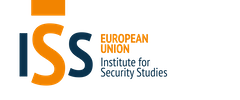
|
The EU Institute for Security Studies The European Union Institute for Security Studies (EUISS) is the EU Agency analysing foreign, security and defence policy issues. The Institute’s core mission is to provide analyses and fora for discussion that can be of use and relevance to the formulation of EU policy. |
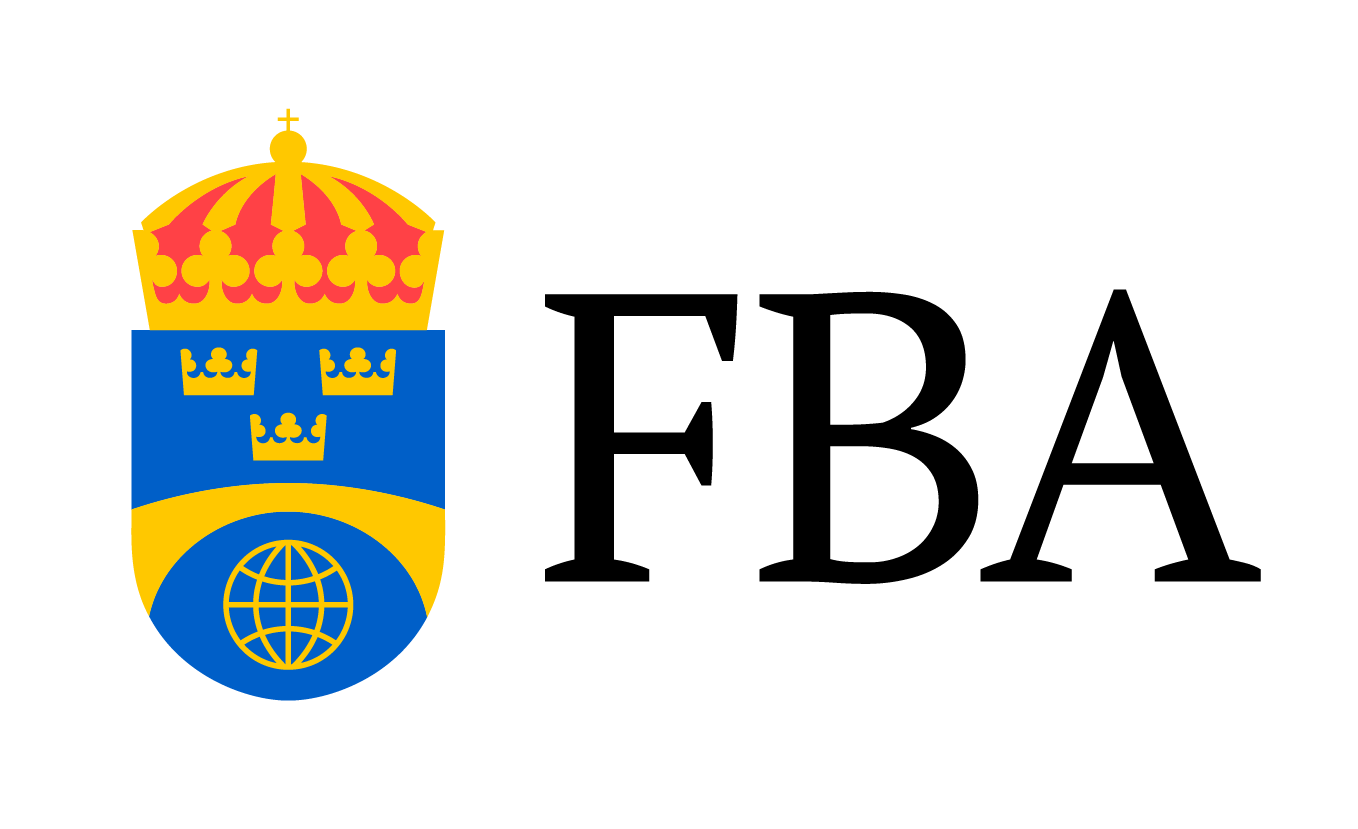
|
The Folke Bernadotte Academy is the Swedish government agency for peace, security and development.FBA conducts training, research and method development in order to strengthen peacebuilding and statebuilding in conflict and post-conflict countries. The agency also recruits civilian personnel and expertise for peace operations and election observation missions led by the EU, UN and OSCE. The agency is named after Count Folke Bernadotte, the first UN mediator. |
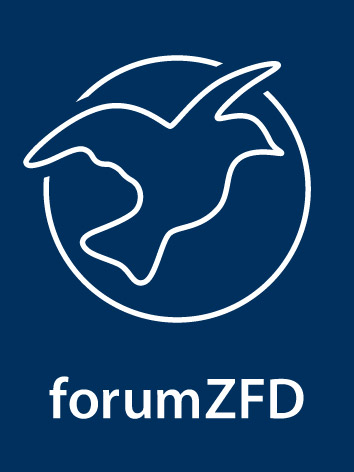
|
forumZFDsupports people involved in violent conflicts on the path to peace. Since 1996, it has been striving to help overcome war and violence. forumZFD is currently working with peace consultants in Germany and 11 other countries in Europe, the Middle East and South East Asia. Its Academy for Conflict Transformation offers professional trainings to people in international peace work. Through campaigns, lobby work and public relations forumZFD actively advocates civil peace policy. forumZFD is a recognised organization of the German Civil Peace Service (CPS). It finances its work through public and private grants, donations and membership fees. |
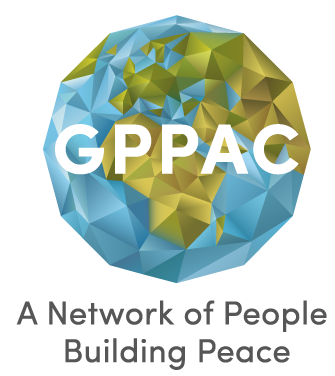
|
The Global Partnership for the Prevention of Armed Conflict (GPPAC) The Global Partnership for the Prevention of Armed Conflict (GPPAC) is a network of civil society organizations from around the world united by their dedication to peacebuilding and conflict prevention. |

|
The Global Registry of Violent Deaths (GReVD) The Global Registry of Violent Deaths (GReVD) will be a catalog of every violent death, coded by time and location. To know whether the world has succeeded in significantly reducing violent deaths by 2030 (Sustainable Development Target 16.1), it is necessary to accurately count violent deaths. As a registry, GReVD integrates data from many sources into a single count, vitally reminding us that every entry is a person. |
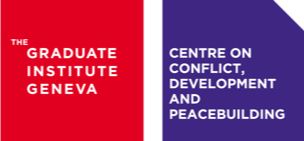
|
The Centre on Conflict, Development and Peacebuilding (CCDP) – part of the Graduate Institute of International and Development Studies, Geneva – focuses on research in the areas of peace and conflict analysis, international assistance frameworks, and the complex relationship between security and development. Its vibrant community of students, staff members, core faculty, visiting scholars and affiliates work on the factors and actors that are implicated in the production and reproduction of violence within and between societies and states, as well as on policies and practices to enhance humanitarian, development and peacebuilding initiatives at the international, state and local levels. |
|
Humanity United is a foundation dedicated to cultivating the conditions for enduring freedom and peace. We support and build efforts to transform the systems that contribute to human exploitation and violent conflict. HU was founded by The Omidyar Group, a diverse collection of independent organizations and initiatives that pursue different ways to improve the lives of people and societies. |
|
The Institute for Integrated Transitions (IFIT) IFIT aims to help fragile and conflict-affected states achieve more sustainable transitions out of war or authoritarianism. IFIT serves as an independent expert resource for locally-led efforts to improve political, economic, social and security conditions and to find consensual solutions that strengthen peace, democracy and human rights in countries attempting to break cycles of conflict or repression. |
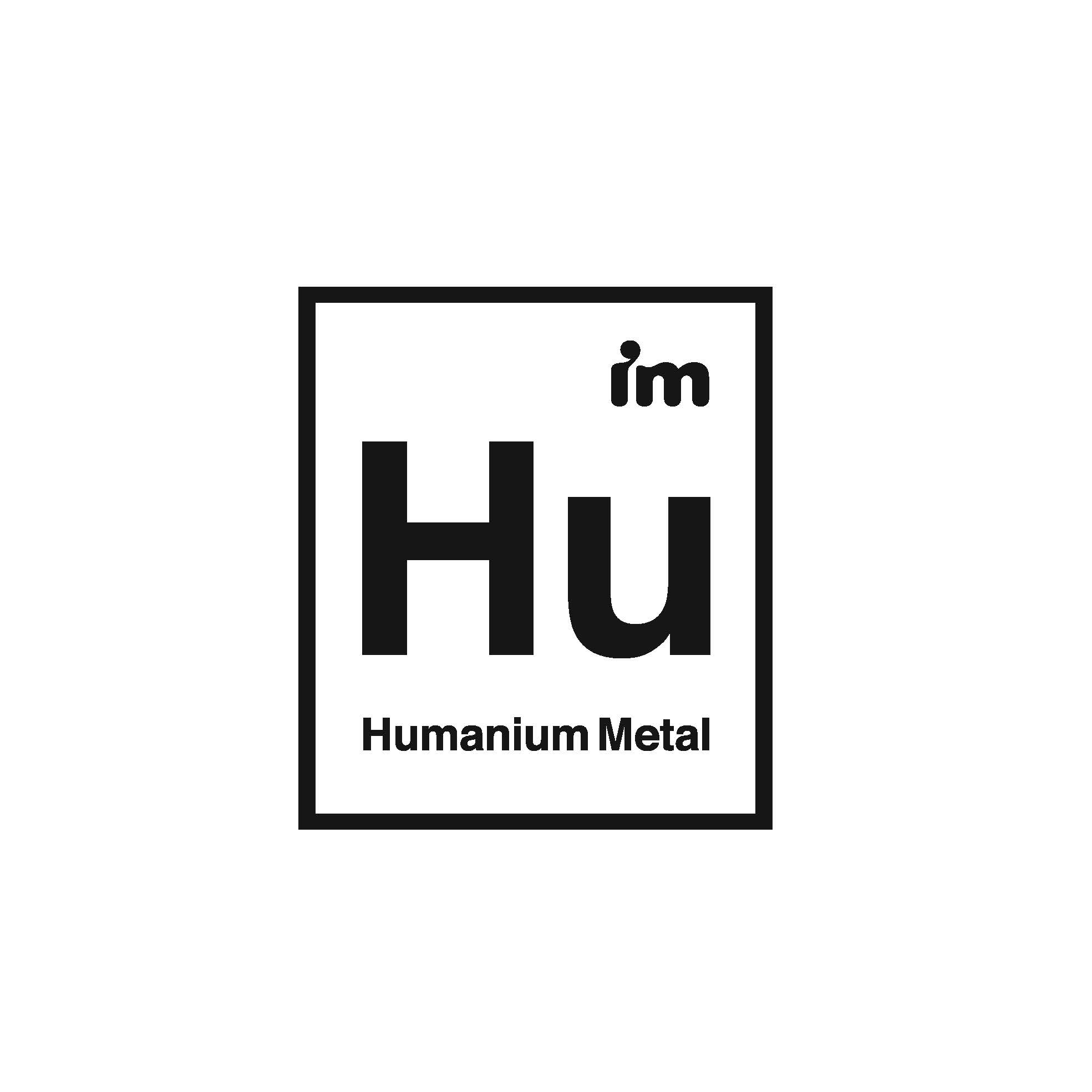
|
The Swedish Development Partner (IM) IM’s work is based on the conviction that all human beings have equal human rights and the innate power to change their situation. Together with its partners, IM is actively contributing to Agenda2030 in four continents. In order to address the root causes of violence and reduce the impact of gun-violence, IM has launched Humanium Metal. Humanium Metal is the first established supply chain of metal made from destroyed illegal firearms. Humanium Metal is an innovation transforming illicit arms into funding for development while raising awareness on gun violence and uniting civil society, governments, private sector, academia and consumers. |
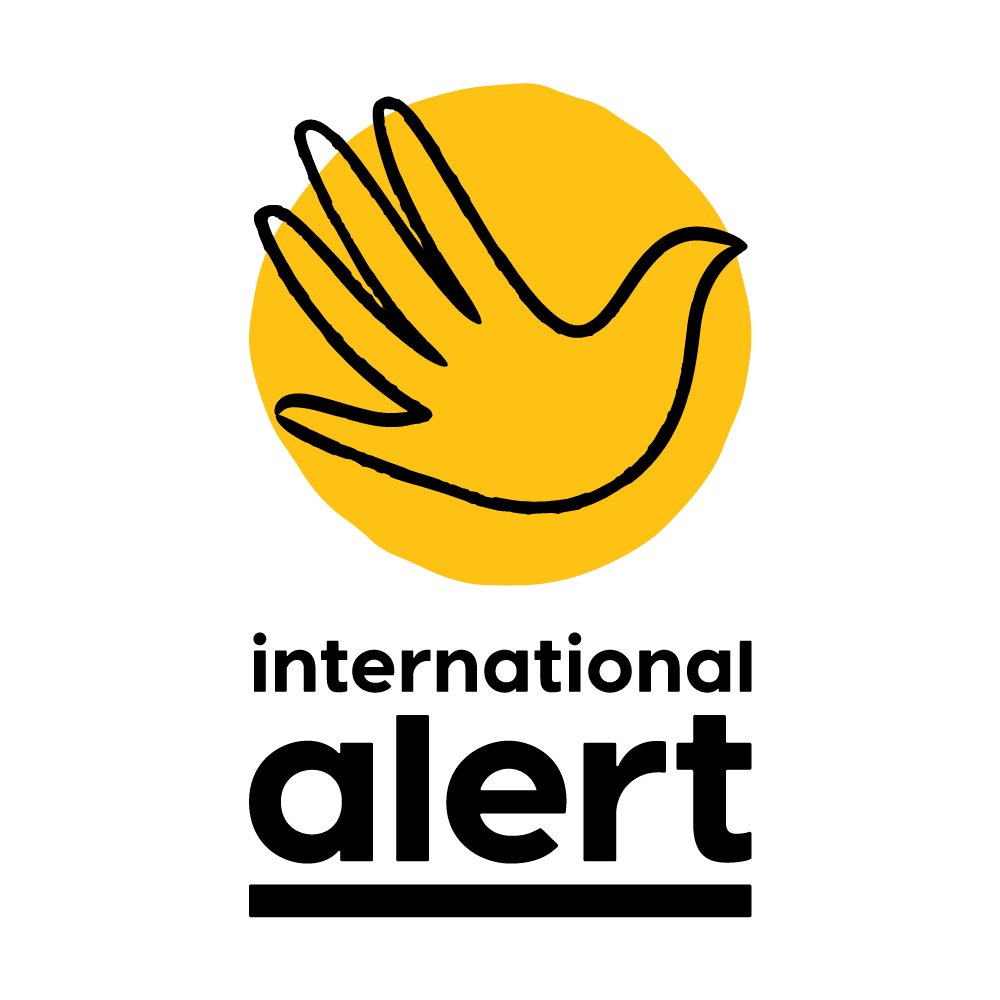
|
International Alert works with people directly affected by conflict to build lasting peace. Together, we believe peace is within our power. We focus on solving the root causes of conflict, bringing together people from across divides. From the grassroots to policy level, we come together to build everyday peace. Peace is just as much about communities living together, side by side, and resolving their differences without resorting to violence, as it is about people signing a treaty or laying down their arms. That is why we believe that we all have a role to play in building a more peaceful future. |
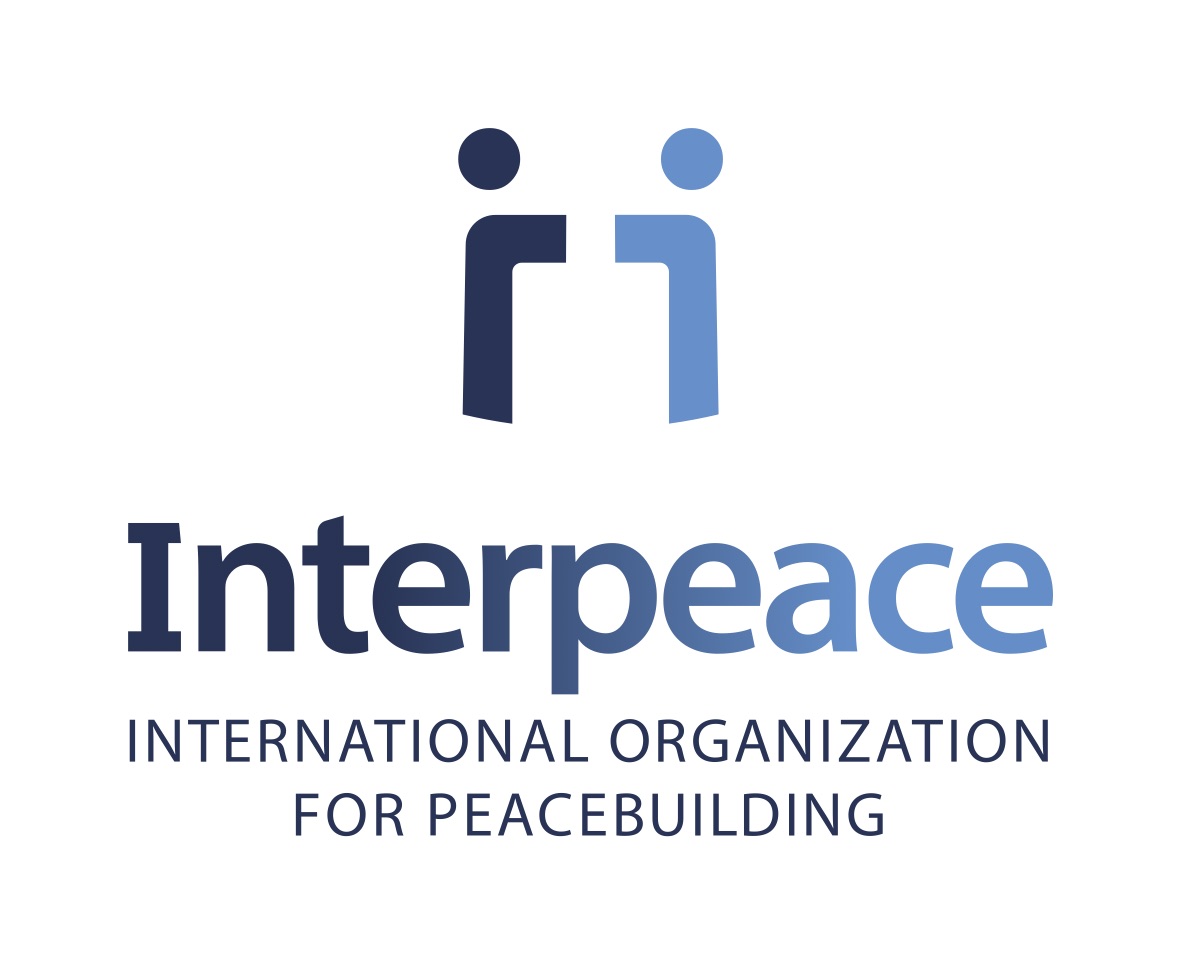
|
Interpeace is an international organization for peacebuilding that supports locally led initiatives around the world. Interpeace tailors its approach to each society and ensures that the work is locally owned and driven. Together with local partners and local teams, Interpeace jointly develops peacebuilding programmes and helps establish processes of change that connect local communities, civil society, government and the international community. |
|
The Institute for State Effectiveness (ISE) The Institute for State Effectiveness (ISE) works on pathways for economic development, peace, and security within countries and across regions. ISE creates and refines concepts and methodologies to anticipate the next generation of governance challenges and opportunities and helps institutions and their leaders strengthen their capacity to advance transformation and reform. |
|
|
Institute for Security Studies The Institute for Security Studies (ISS) partners to build knowledge and skills that secure Africa’s future. Its goal is to enhance human security as a means to achieve peace and prosperity. The ISS is an African non-profit with offices in South Africa, Kenya, Ethiopia and Senegal. ISS works on conflict, governance, organised crime, terrorism, migration, maritime security, peacebuilding, crime prevention, criminal justice and also undertakes long-term forecasting. Using its networks and influence, ISS provides credible analysis, training and technical assistance to governments and civil society. This promotes better policy and practice by enabling senior officials to make informed decisions about Africa’s human security challenges. |
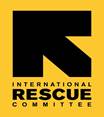
|
International Rescue Committee The IRC responds to some of the world's worst crises, delivering aid to help people whose lives and livelihoods are shattered by conflict and disaster to survive, recover, and gain control of their future. One of the world’s leading humanitarian organisations, the IRC works in 40 countries affected by crisis, often where conflict or disaster has caused a breakdown of basic services resulting in poverty and exclusion. The IRC’s programmes include health, water and sanitation, economic recovery, protection, peacebuilding, governance and rights, women’s empowerment, and child protection. The IRC is committed to innovative, evidence-based programming, expanding the knowledge base for humanitarian practice and advocating for real change in the international humanitarian system. |
|
The Kvinna till Kvinna Foundation The Kvinna till Kvinna Foundation has defended women’s rights since 1993. For every woman’s right to be safe and to be heard. Today we are one of the world’s leading women’s rights organisations, working directly in areas affected by war and conflict to strengthen women’s influence and power. We work closely together with over 100 local partner organisations across 20 countries to end violence against women, reach lasting peace and close the gender gap once and for all. The future is equal. And together, we are change. |
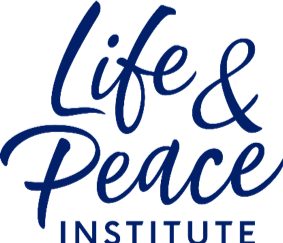
|
The Life & Peace Institute is an international centre that supports and promotes nonviolent approaches to conflict transformation through a combination of research and action that entails the strengthening of existing local capacities and enhancing the preconditions for building peace. The Institute works closely with civil society partners across the Horn of Africa, as well as leading learning and reflection among the peacebuilding community of practice at the global level. |
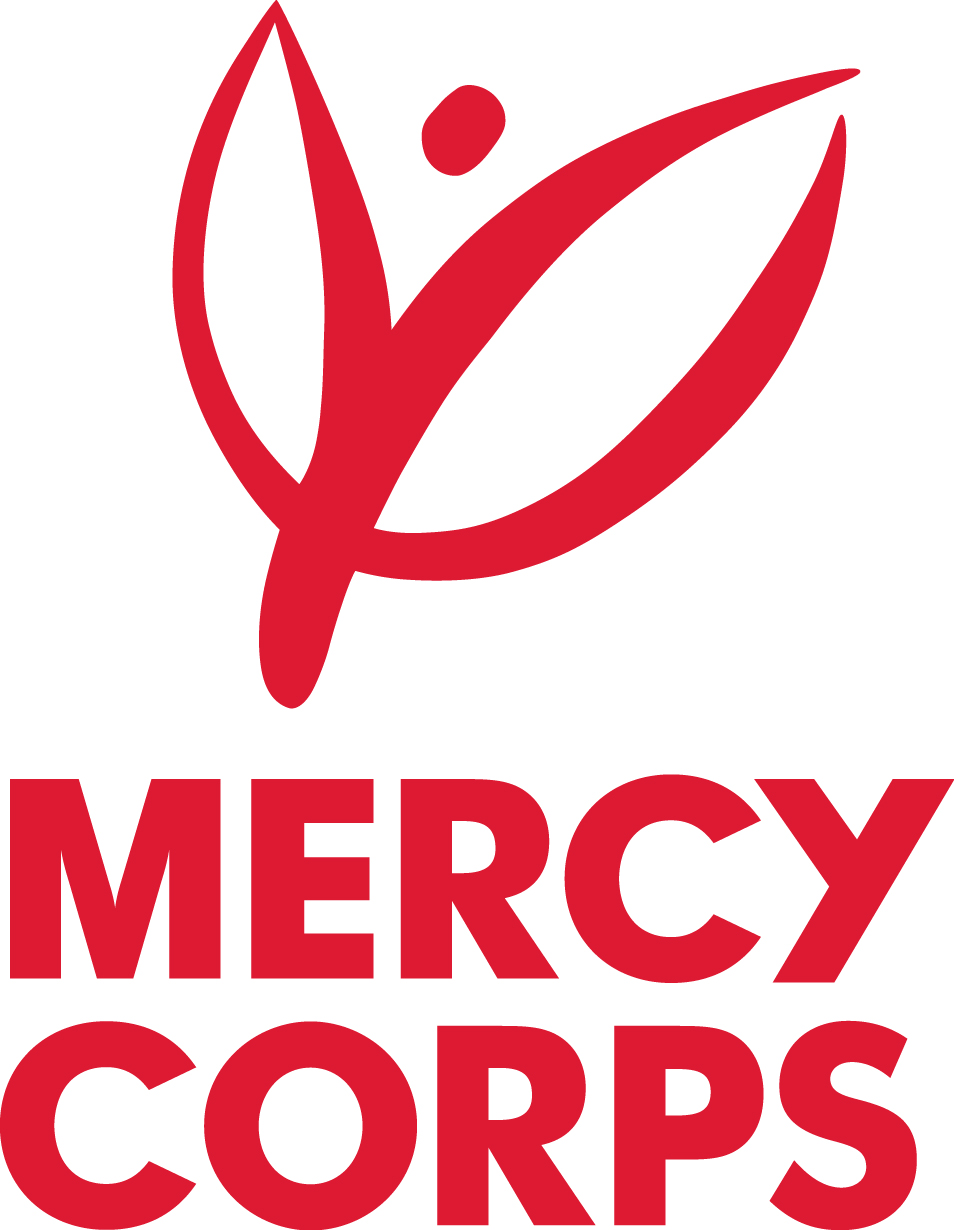
|
Mercy Corps is a leading global organization working in more than 40 countries around the world, many of which are the most fragile. Mercy Corps empowers people to survive crises, build better lives and transform their communities — and the world — for good. |
|
Norwegian Institute of International Affairs (NUPI) The Norwegian Institute of International Affairs (NUPI) is a leading centre for research on international issues in areas of particular relevance to Norwegian foreign policy. NUPI communicates research-based insights to the Norwegian public as well as to wider international audiences, and is committed to excellence, relevance and credibility in all its work. NUPI has three main pillars of research and expertise: security and risk, growth and development, and international order and governance. |

|
The Organisation for Economic Co-operation and Development (OECD) The Organisation for Economic Co-operation and Development (OECD) is an international organisation that works to build better policies for better lives. Our goal is to shape policies that foster prosperity, equality, opportunity and well-being for all. We draw on almost 60 years of experience and insights to better prepare the world of tomorrow. |
|
|
The Overseas Development Institute ODI is an independent, global think tank, with a vision for a sustainable and peaceful world in which every person thrives. ODI undertakes cutting-edge research and analysis to generate evidence, ideas and solutions; we act as trusted, expert advisers to those making change around the world; we bring people together to turn ideas into action; and we communicate our work around the world to increase its reach and impact. Our work addresses four key global challenges, and explores the tools and approaches needed to enable progress and address risks: ending extreme poverty and reducing inequality, transforming economies and the future of work, preventing conflict and violence and addressing fragility and ensuring sustainable water, land, food and energy. We carry out research or technical advice in more than 100 countries, many of them fragile and conflict affected states. |
|
Pathfinders for Peaceful, Just and Inclusive Societies Pathfinders for Peaceful, Just and Inclusive Societies is a global coalition of 35 governments with partners from all sectors committed to accelerating implementation of the SDG targets for peace, justice, and inclusion (SDG16+). It is the only multi-stakeholder action platform exclusively focused on increasing political will and driving action for promoting justice for all, preventing violence, and tackling exclusion and inequality. The Pathfinders is hosted by the Center on International Cooperation (CIC) at NYU which provides the action platform, docking station, think tank and secretariat for the global coalition. |

|
PAX is the largest peace organization in the Netherlands. Through its partners in 15 countries worldwide, PAX stands side by side with people who strive towards peace and inclusive societies, both during conflict and afterwards. PAX campaigns against controversial weapons and arms trafficking and in support of victims of violence and human rights violations. |
|
Since 1947, the Quaker United Nations Office (QUNO) has worked with diplomats, UN officials and civil society to support a UN that prioritizes peace and prevents war. Grounded in the Quaker belief that there is that of the divine in every person, QUNO seeks a UN that addresses key drivers of violence including the structures and systems that produce exclusion and injustice; that facilitates and supports change through peaceful means; and whose policies and practices reflect a diversity of voices, such that people around the world can safely and peacefully achieve their potential. |
|
The Swedish Dialogue Institute for the Middle East and North Africa The Swedish Dialogue Institute for the Middle East and North Africa is a governmental agency that serves as a platform for contacts and dialogue between on the one hand Sweden and the countries of Europe and on the other hand the countries of the Middle East and North Africa. The Dialogue Institute deals with issues of importance to the political, economic, social and cultural development in order to increase mutual understanding and shall be seen in a long-term and future-oriented perspective. The key areas for activities are Peace & security; Sustainable development; and Inclusive participation. The institute operates through dialogue meetings, conferences, seminars, and other activities. The Swedish Dialogue Institute was established by the government in 1998 and is an integral part of the Swedish Foreign Service. It was previously operating under the name “the Swedish Institute in Alexandria”. It is now temporarily located at the Ministry for Foreign Affairs in Stockholm, until future reopening in the region. |
|
The Secure Livelihoods Research Consortium (SLRC) The Secure Livelihoods Research Consortium (SLRC) is a global research consortium exploring livelihoods, basic service delivery, legitimacy, and behaviours in conflict-affected situations. Funded by the Department for International Development (DFID), Irish Aid, and the European Commission, the SLRC was established in 2011 with the aim of strengthening the evidence base around recovery after conflict, in order to inform policy and practice. |
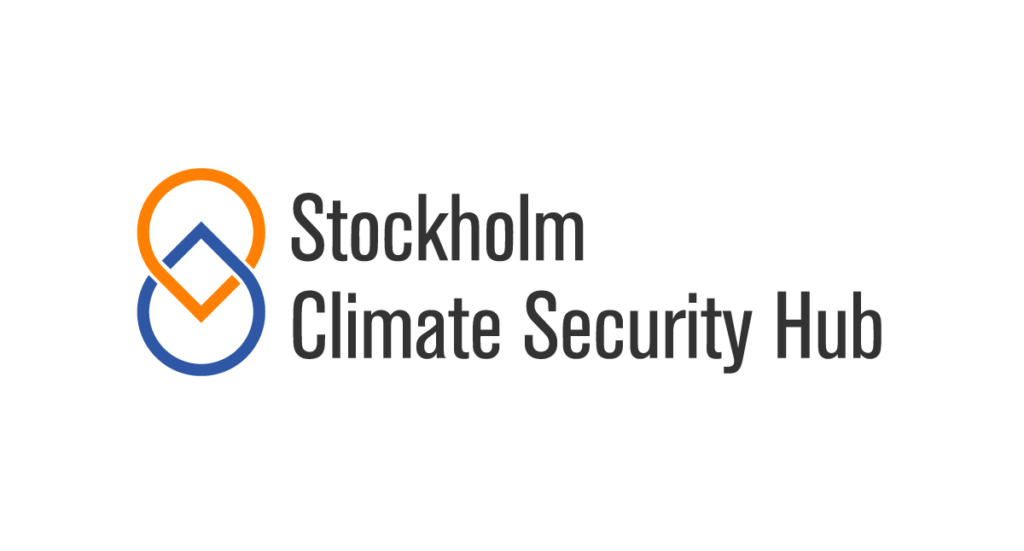
|
The Stockholm Climate Security Hub The Stockholm Climate Security Hub is an initiative to assist Sweden and other countries with knowledge to deal with the risks of climate change for human security, peace and sustainable development. With the expertise of four leading research institutes - Stockholm Environment Institute (SEI), Stockholm International Water Institute (SIWI), Stockholm International Peace Research Institute (SIPRI) and Stockholm Resilience Center at Stockholm University (SRC) - it assists with evidence-based insight into building security and prosperity and strengthen resilience in the face of a changing climate. |
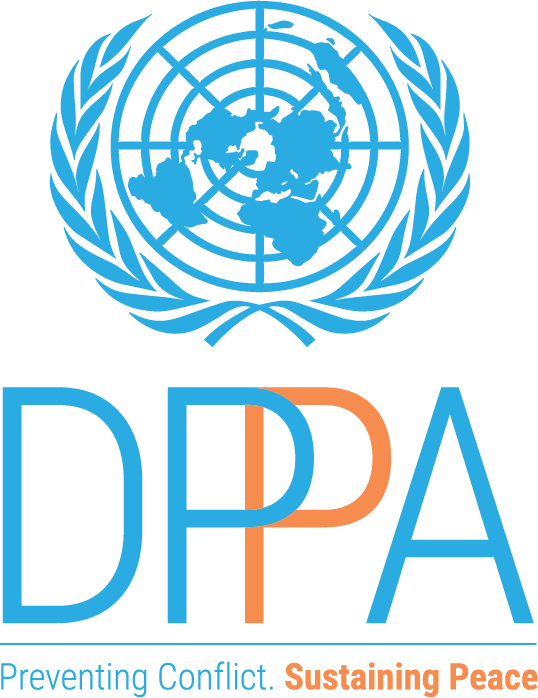
|
UN Department of Political and Peacebuilding Affairs The United Nations Department of Political and Peacebuilding Affairs (DPPA) plays a central role in the United Nations efforts to prevent conflicts and build sustainable peace around the world. DPPA monitors and assesses global political developments with an eye to detecting potential crises and devising effective responses. The Department provides support to the Secretary-General and his envoys in their peace initiatives, as well as to UN political missions around the world. DPPA is an agile platform for crisis, capable, with the assent of countries concerned, of rapidly deploying mediators and other peacemaking expertise worldwide and cooperating closely with regional organizations on the frontlines of conflict. |
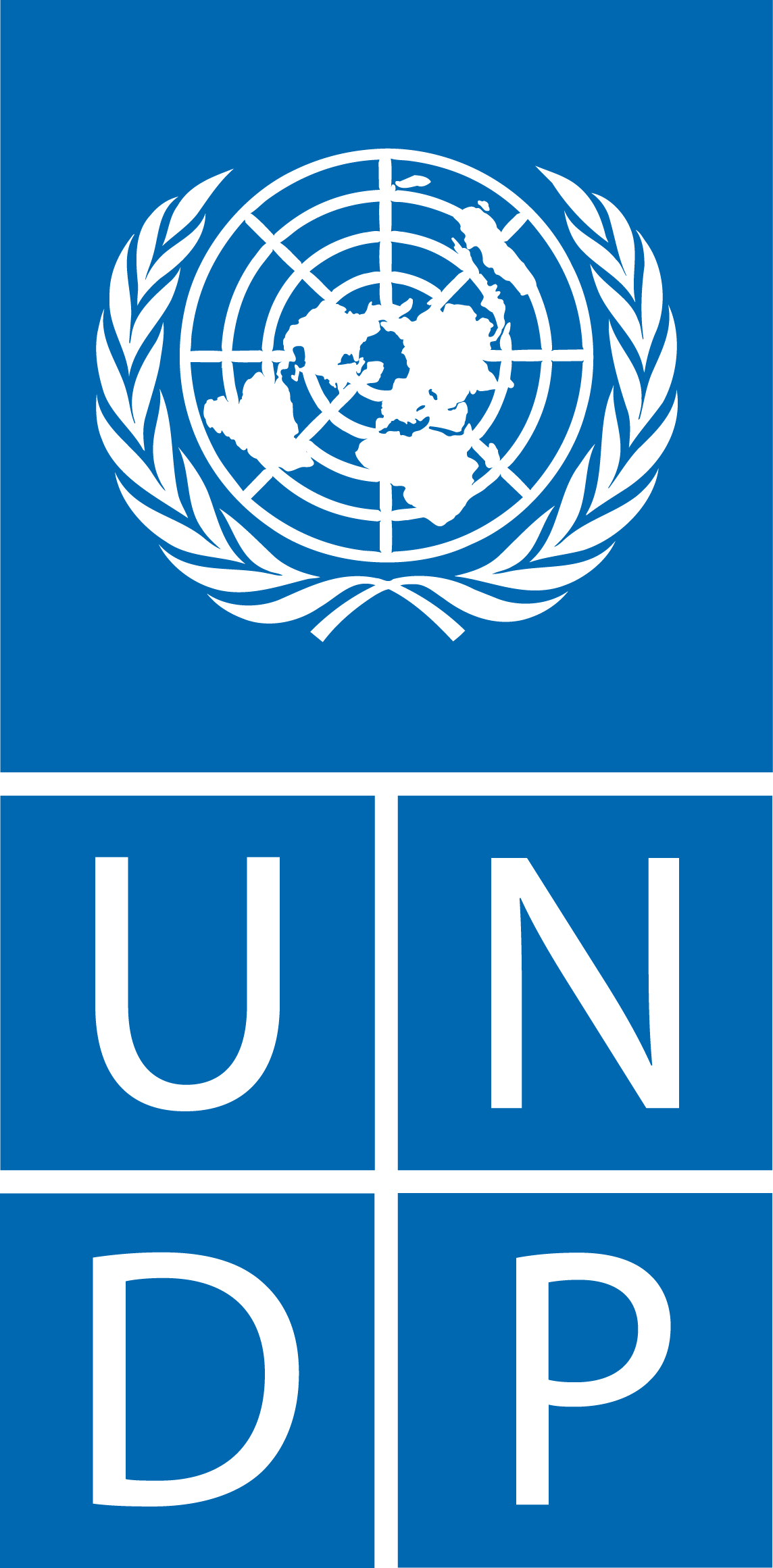
|
United Nations Development Programme (UNDP) UNDP is the leading United Nations organization fighting to end the injustice of poverty, inequality, and climate change. Working with our broad network of experts and partners in 170 countries, we help nations to build integrated, lasting solutions for people and planet. |
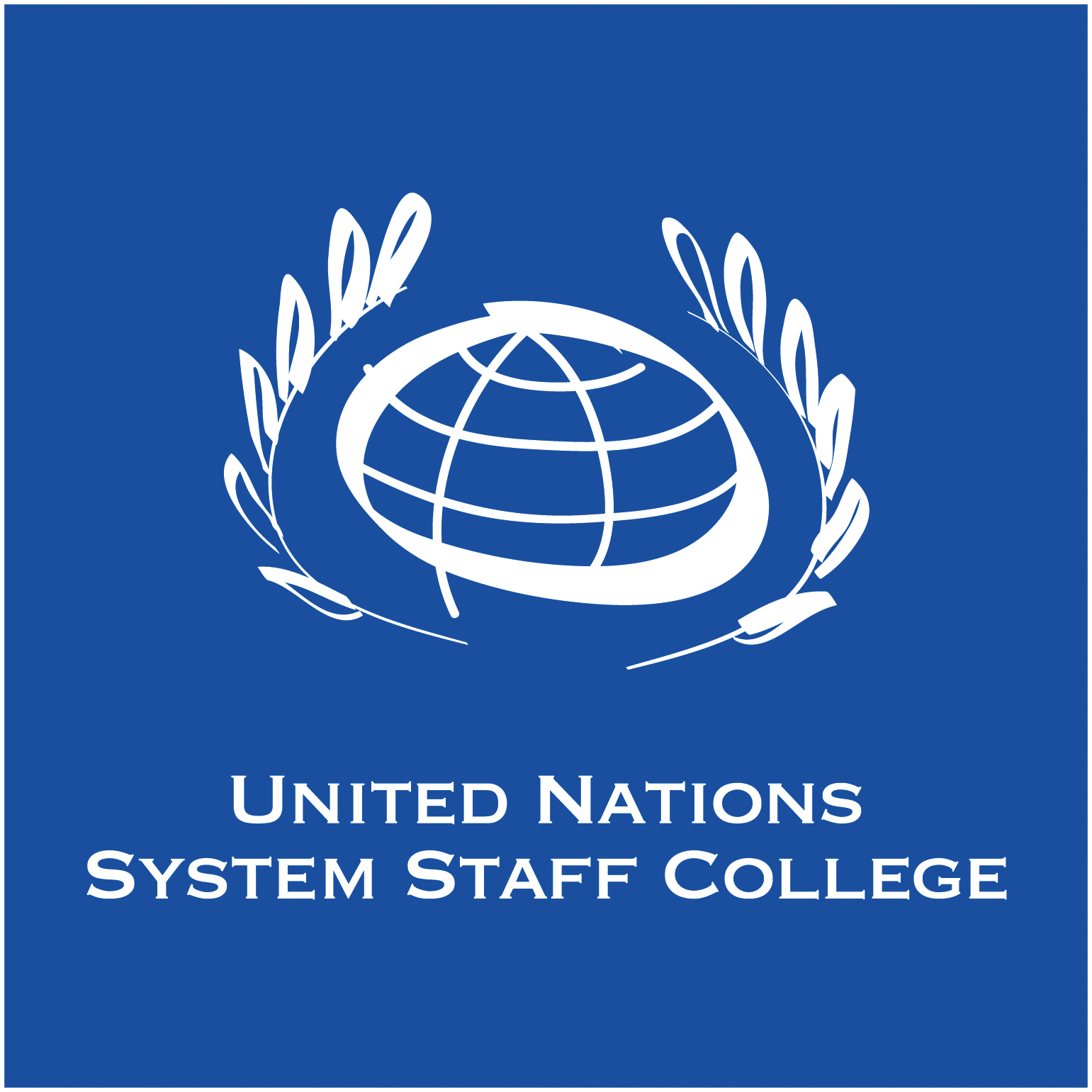
|
United Nations System Staff College Established in 2002 (A/RES/55/278), the United Nations System Staff College (UNSSC) delivers high-quality learning programmes and tailored solutions for UN staff and partners, equipping them with the knowledge and skills to support the 2030 Agenda for Sustainable Development, UN reform, as well as the sustaining peace resolutions. As the only system-wide learning and knowledge institution for UN staff with an inter-agency mandate, UNSSC contributes to a more effective, results-oriented and agile United Nations. |
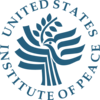
|
The United States Institute of Peace (USIP) The United States Institute of Peace (USIP) was founded in 1984 by the U.S. Congress as an independent, national institute dedicated to the proposition that peace is possible, practical and essential for U.S. and global security. The Institute pursues a vision of a world without violent conflict by working on the ground with local partners building peace from bottom up and top down. USIP provides people, organizations and governments at every level with the tools, knowledge and training to manage conflict before it can become violent, and to resolve conflict when it does. |
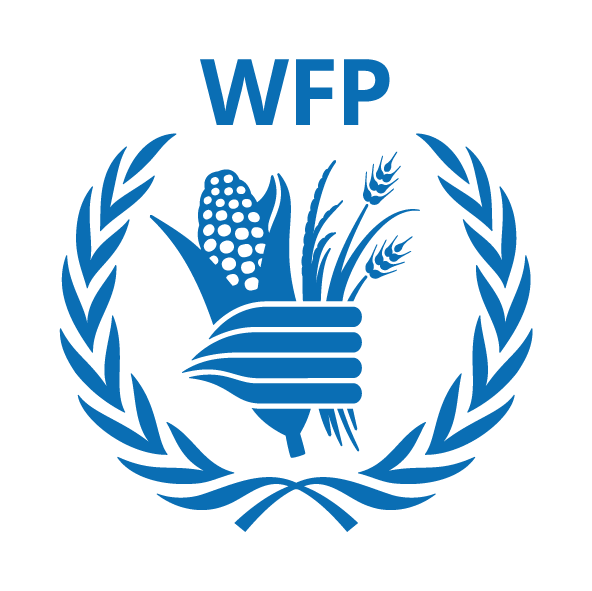
|
The World Food Programme (WFP) is the specialized food assistance organization of the United Nations, and it is the largest humanitarian organization fighting hunger worldwide, delivering food assistance in emergencies and working with communities to improve nutrition and build their resilience. Following the launch of the 2030 Sustainable Development Goals, WFP has adapted its strategies, methodologies and solutions to meet distinct national needs and to support countries to achieve SDG 2 Zero Hunger by 2030. |
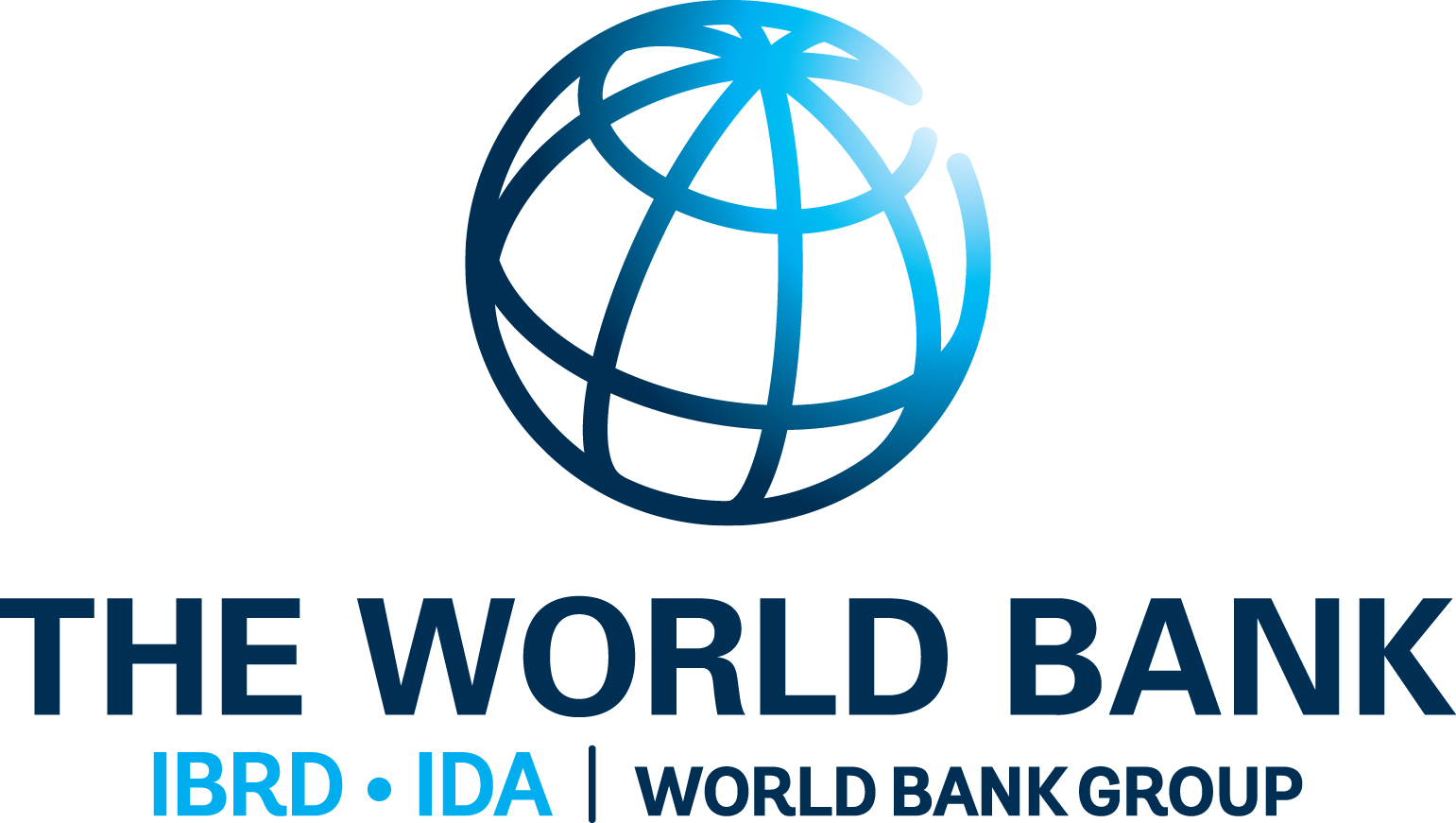
|
Established in 1944, the World Bank Group (WBG) is one of the world’s largest sources of funding and knowledge for development solutions to end extreme poverty and boost shared prosperity. The aim of the World Bank’s Social, Urban, Rural and Resilience Global Practice is to build and foster inclusive, resilient, and sustainable institutions and communities. Within the global practice, the Africa Social Development team works to reinforce social inclusion, social cohesion, and citizen engagement in a variety of fragility, conflict and violence (FCV) contexts, including active conflict at national and sub-national levels, post-conflict, fragile states, and environments characterized by forced displacement. |
